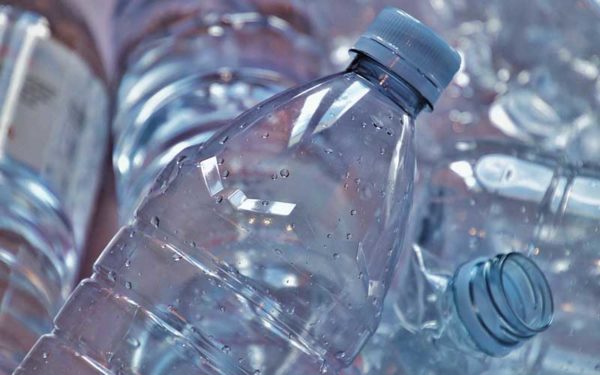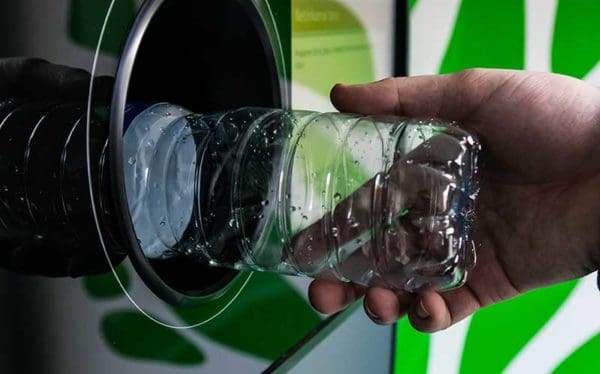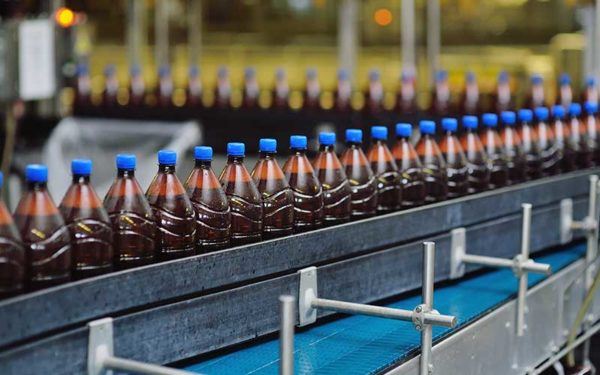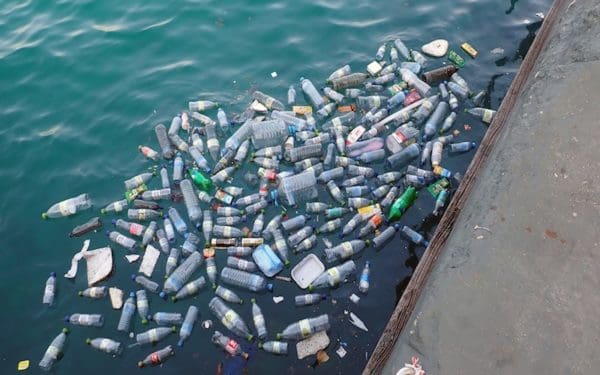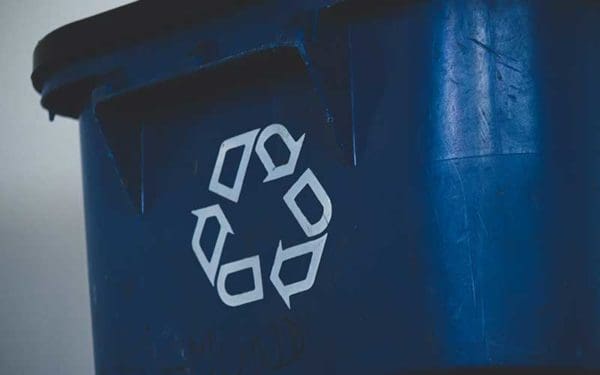Jul 31, 2023
“Single-use containers are a scourge on our communities and our environment,” said Nora Bosworth, Zero Waste Attorney at CLF. “Bottle and can redemption systems are a proven way to reduce plastic pollution and make sure that these materials are recycled into new products. Maine’s updated law will revitalize the state’s most successful recycling program, and ultimately result in a cleaner environment and less litter for our communities.”
Jun 28, 2023
“Single-use beverage containers pollute our communities and our planet at every stage of their lives, and the problem is only getting worse,” said CLF Senior Attorney Mara Shulman. “A new bottle bill would go a long way to clean up the scourge of litter in Rhode Island’s communities while ramping up recycling rates across the state. The formation of a study committee is a great first step, but we certainly have more work to do in getting a bottle bill on the books in the next session.”
Jun 26, 2023
Litter is taking a toll on Massachusetts’ health and economy. These three reasons show how an updated bottle bill could help us change that.
Jan 26, 2023
CLF’s Great Bay–Piscataqua Waterkeeper brings together partners and dozens of volunteers on annual cleanup to remove polluting debris from the estuary’s shoreline.
Aug 03, 2022
Big Plastic is working to block progress on laws to regulate plastic pollution. Here’s how CLF and our allies are fighting back.
Feb 09, 2022
Big Beverage companies drive the global plastic pollution crisis, thanks to the single-use bottles in which they sell their beverages. They also do everything they can to maintain the status quo by sabotaging efforts to reform our recycling systems. That’s why we’re exposing Big Beverage’s playbook – because we can no longer afford to let them avoid responsibility while we drown in plastic pollution.
Feb 09, 2022
“For decades, the beverage industry has done everything in its power to keep our failed recycling systems in place and prevent new solutions,” said Kirstie Pecci, Director of CLF’s Zero Waste Project. “Most bottles and cans in the U.S. still end up buried in landfills, burned in incinerators, or littering our communities. We must hold Big Beverage accountable for the mess it’s made and invest in real solutions for bottle and can recycling.”
Nov 04, 2021
Over the past few years, recycling prices across the U.S. have soared, with some cities and towns now spending millions of dollars on their programs. To understand the financial burden our communities are facing, I spent the better part of last year collecting recycling data from Massachusetts cities and towns. Here’s what I learned.
Jun 22, 2021
Connecticut’s updated bottle bill is both a step forward and a step back. We break down the good, the bad, and the ugly of the new legislation.
Jun 03, 2021
“Our legislators had the opportunity to pass a strong bill to reduce waste, increase recycling rates and slash pollution in our communities,” said Kevin Budris, Zero Waste Attorney at CLF. “While this bill includes some important updates, it’s not nearly as strong as it should have been. At the eleventh hour, legislators have handed the beverage industry the keys to the state’s bottle return system and significantly compromised the effectiveness of the legislation.”
